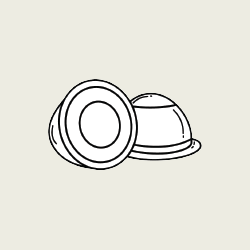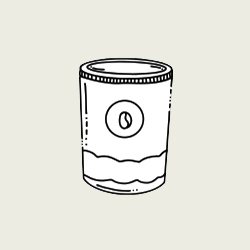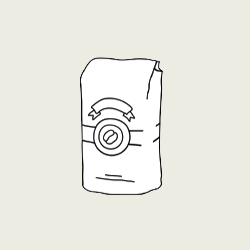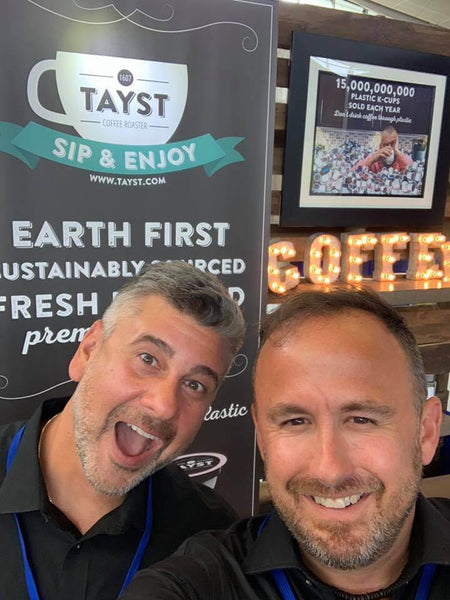Plastic Pollution and the Environmental Impact of K-Cups
Introduction:
Plastic pollution is a global crisis that jeopardizes the health of our oceans, wildlife, and even human beings. In this article, we explore the environmental impact of K-Cups, the popular single-use coffee pods, and the urgent need to address plastic waste. Join us as we delve into the issue and discover ways to make a positive change in our daily lives.

Plastic Pollution: A Global Crisis
Plastic pollution is a significant threat to our planet. It affects ecosystems, marine life, and human well-being. We must take action to combat this crisis and protect our environment.
K-Cups: Convenient, Yet Detrimental
K-Cups have gained popularity due to their convenience, but they come at a significant environmental cost. These single-use coffee pods are predominantly made of plastic and have limited recyclability or biodegradability. The waste generated by K-Cups poses a grave threat to the environment.
The Environmental Impact of K-Cups
K-Cups contribute to plastic pollution in several ways. Their improper disposal leads to waste generation, as they take hundreds of years to decompose. Additionally, the complex materials used in K-Cups make recycling a challenge, resulting in most pods ending up in landfills. Furthermore, their production requires substantial energy consumption, contributing to carbon emissions and climate change.
Taking Steps Towards Change
We can all contribute to mitigating plastic pollution and reducing the environmental impact of K-Cups. Here are some steps we can take:
- Choose Reusable Alternatives: Opt for reusable coffee filters or refillable pods to minimize plastic waste.
- Support Sustainable Brands: Choose coffee brands that prioritize eco-friendly packaging and sustainability initiatives.
- Raise Awareness: Share information about plastic pollution and the environmental impact of K-Cups with others to promote conscious consumption.
Conclusion
Plastic pollution, including the detrimental effects of K-Cups, demands our attention and action. By making informed choices and adopting sustainable alternatives, we can work towards a cleaner and healthier planet. Together, let's combat plastic pollution and create a more sustainable future.
References:
- National Geographic. (2021). Plastic Pollution. Retrieved from: https://www.nationalgeographic.com/environment/article/plastic-pollution
- Earth Day Network. (n.d.). Single-Use Coffee Pods. Retrieved from: https://www.earthday.org/impacts-single-use-coffee-pods/
- Plastic Oceans International. (n.d.). The Problem with Plastic. Retrieved from: https://plasticoceans.org/the-facts/problem-overview/
Image Sources:
- Source: Unsplash. Photographer: Kadir Celep. Link: https://unsplash.com/photos/0w5uO6TiXhg
- Source: Pixabay. Photographer: Skeeze. Link: https://pixabay.com/photos/waste-garbage-trash-rubbish-317271/
- Source: Pexels. Photographer: Lisa Fotios. Link: https://www.pexels.com/photo/green-grass-field-under-white-cloudy-sky-220889/







